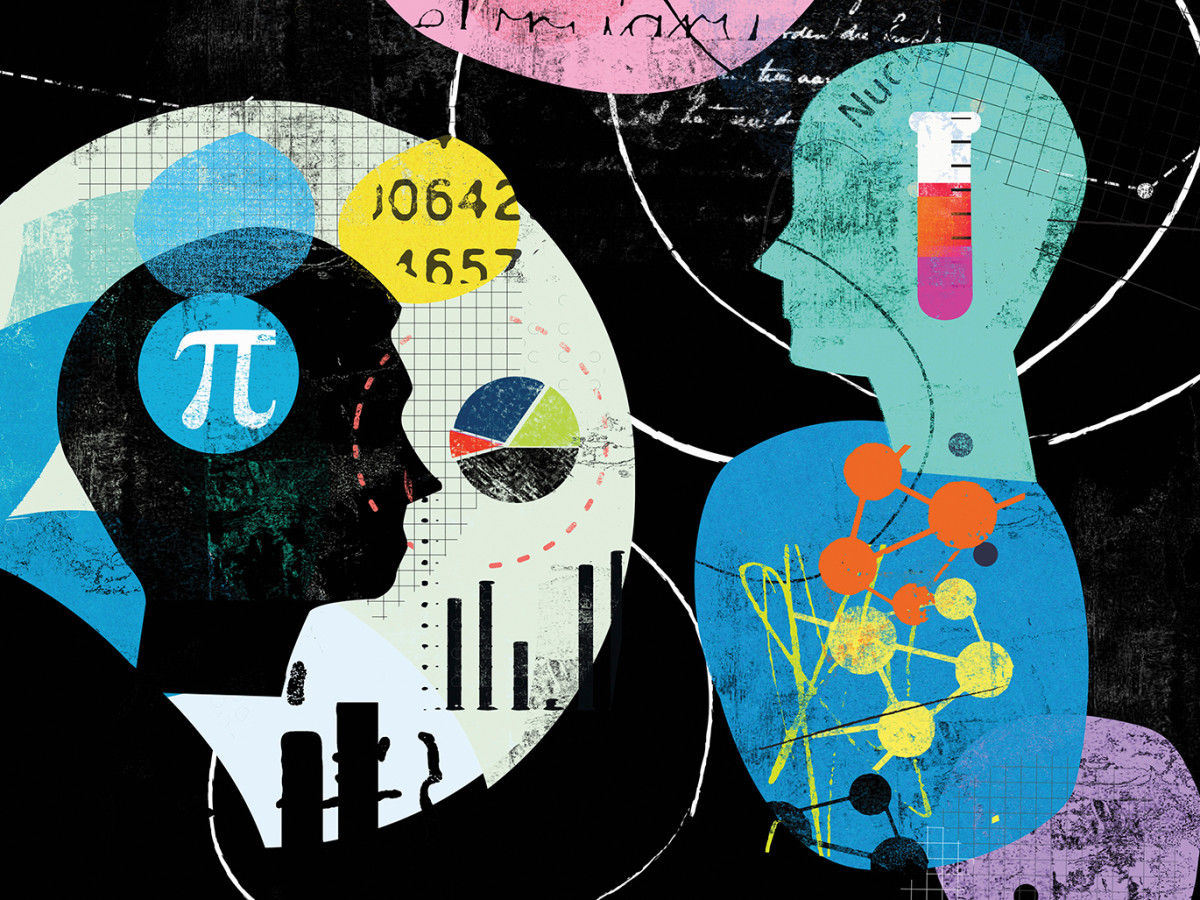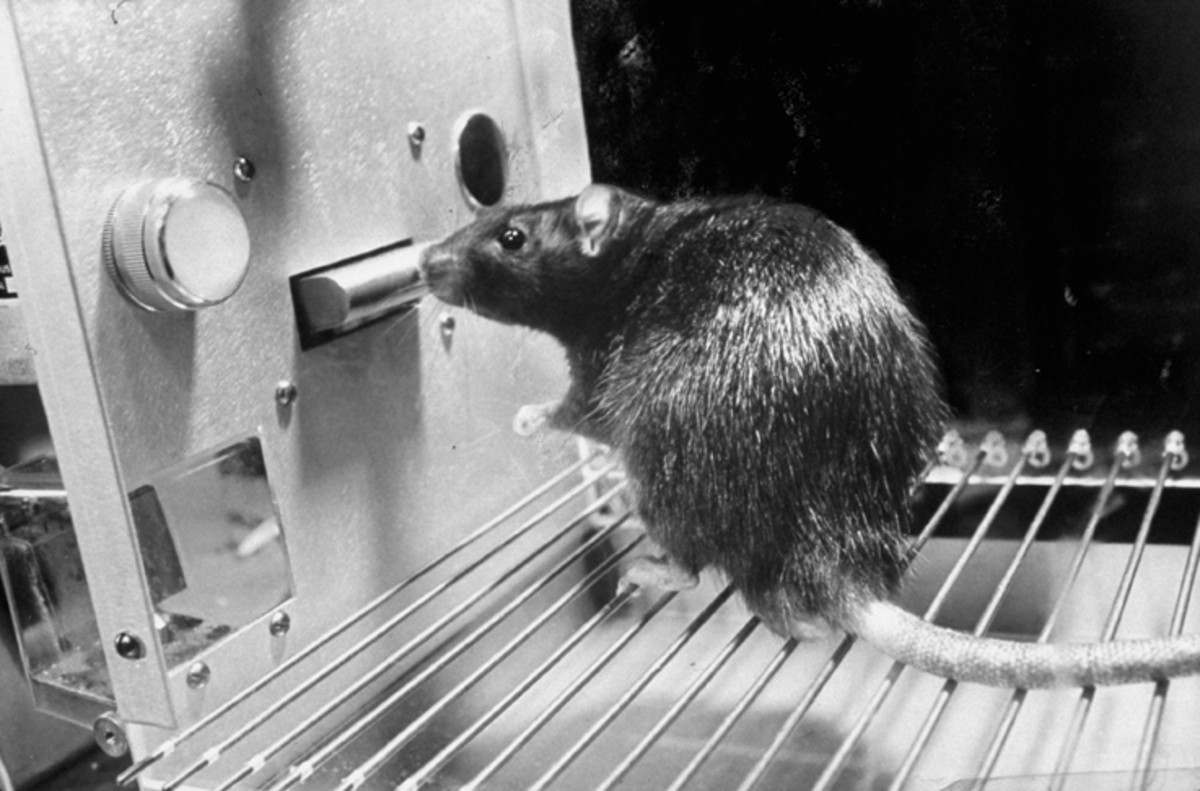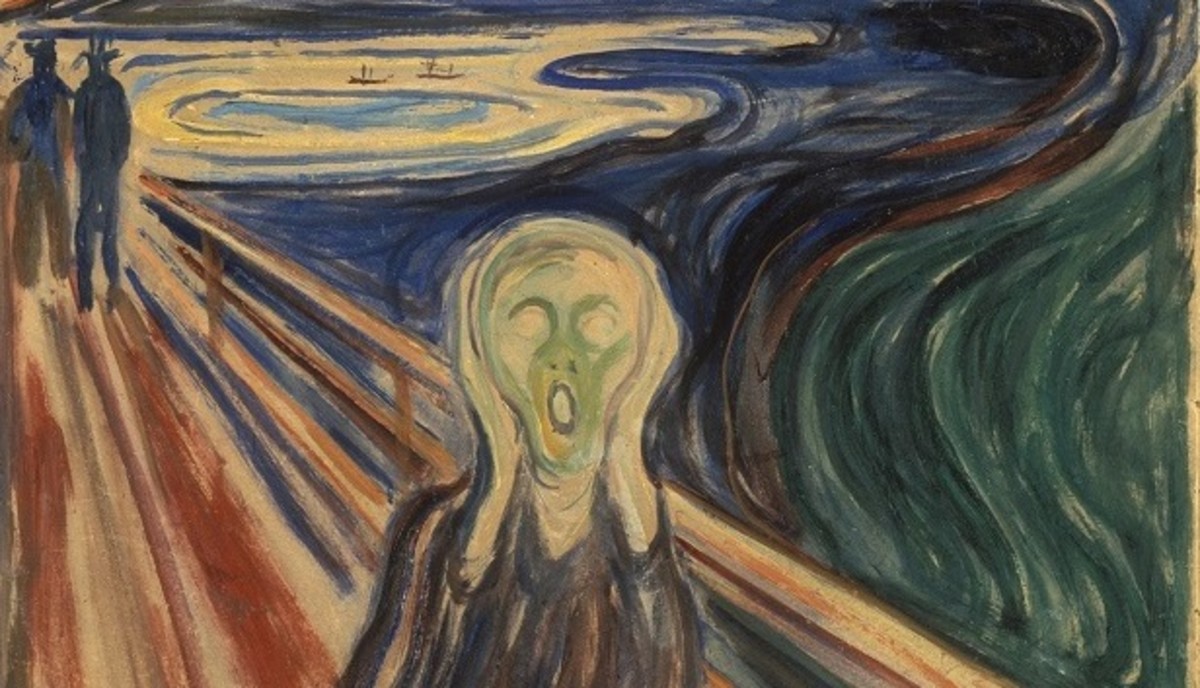What is Biopsychology?

Biopsychology is the study of how the brain affects cognitive processes and behavior. Biopsychology is also called neuropsychology and biological psychology. Neuroscience is the study of the structure and function of the brain and nervous system. Psychology is the study of human behavior and cognitive processes, such as memory, perception, and learning. Biopsychology is where these two fields intersect.
The main assumption of biological psychology is that the brain is responsible for behavior. Therefore, mental illnesses and the associated abnormal behavior are caused by abnormal brain functioning such as a chemical imbalance. Biological psychology recognizes the role of genetics in behavior since genetics determines the properties of the brain. By using case studies and new technology, biological psychology seeks to define the biological foundation for behavior.
Through the years, many people have made contributions to the development of biopsychology. In the late eighteenth century, Galvani discovered that the nerves utilize electricity. Until Galvani conducted experiments using electricity and frogs’ legs, it was generally accepted that nerves worked by using fluids or animal spirits.
Karl Lashley did experiments that produced his theories of mass action and equipotentiality. Lashley did experiments that involved teaching rats a maze and then destroying different parts of the rats’ cortex to varying degrees. He found that small cuts to any part of the cortex did not impair the rats’ ability to run the maze. No matter where on the cortex that he made the cut, it did not cause impairment. His principle of equipotentiality says that all areas of the cortex are involved in memory. When Lashley damaged larger amounts of the cortex, he found that memory is related to the amount of brain tissue destroyed. His principle of mass action describes that the greater the damage, the greater the impairment.
Donald Hebb theorized that the synapses between certain neurons are altered when learning occurs. He called a group of neurons responding to the learning a cell assembly. Hebb theorized that the synapses along this cell assembly are strengthened during the learning process and allows for the retention of the new information.
Other schools of psychology recognize the impact of the brain and biology on psychological processes. Developmental psychology is largely based on the biological processes of growth and development. Piaget thought that all behavior and mental activity is rooted in biological functions. Psychiatry applies knowledge of chemical activity of the brain to describe and treat mental illness. Because mental illness is evident by abnormal behavior and problematic mental activity, psychiatry could be considered applied biopsychology.





